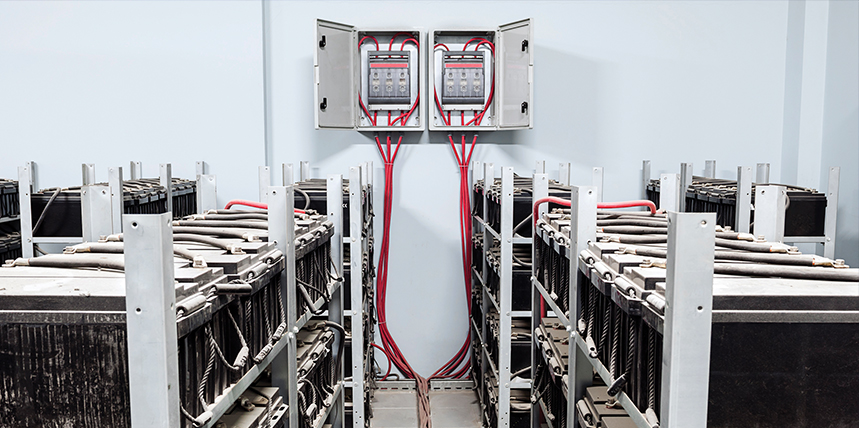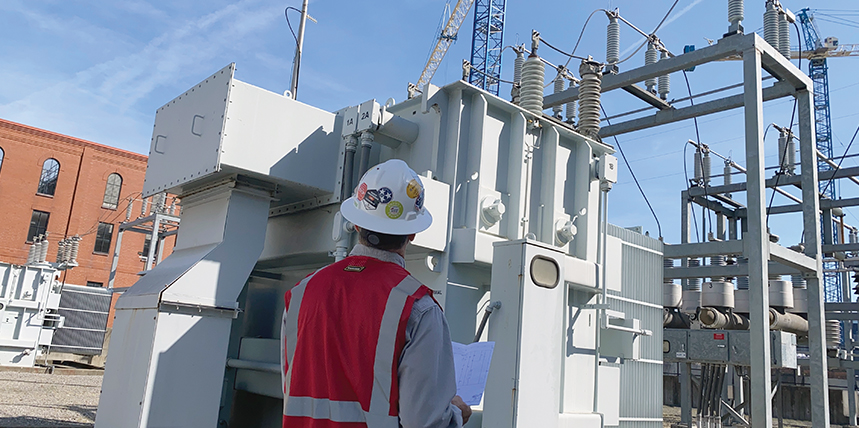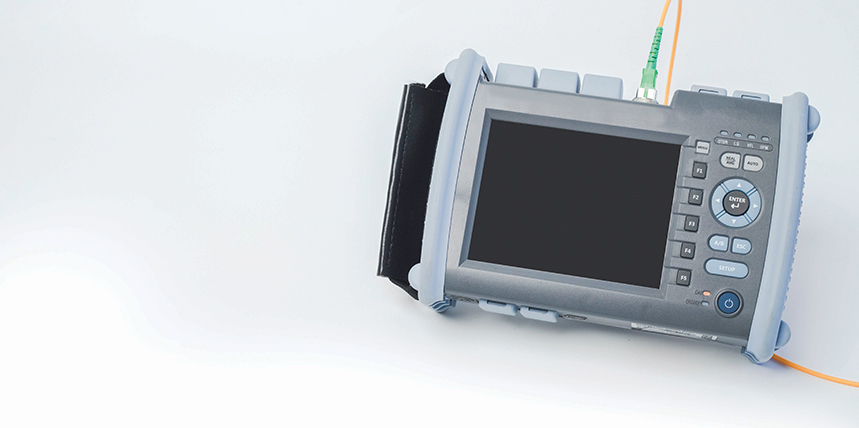There is always room for improvement. In electrical testing, this is particularly true because of the rapid development and application of the underlying electronics. Although a job may be proceeding with maximum satisfaction, it may well be made easier, faster, more accurate, and safer. For example, standby battery banks can develop ground faults over time through leaking electrolytes, accumulation of …
Communications and Fiber Optics
Communication is vital in everything we do, and it isn’t just the funny phrases at the end of the telephone game as kids. As NETA Certified Technicians, we must be familiar with different communication systems since they are essential to proper power system operation. In this quiz, we discuss some communication systems and associated components. Virginia Balitski, CET, Manager – …
Communicating Hazards Using a Pre-Job Brief
Protection from hazards always begins with proper prior planning. An important aid to planning a job correctly and thoroughly includes using a tool known throughout the industry as a pre-job brief (PJB). These tools are commonly used at tailboards or tailboard meetings in construction parlance, but no matter what they are called, they are all designed to help you do …
Unraveling the Mystery of Baffling Transformer Trips
Modern substation control and communication have revolutionized the ability to troubleshoot system faults and mis-operations. Event fault records and documenting every input and output provide invaluable information to help answer the question, “What happened?” However, there are hundreds of thousands of systems with legacy equipment. These systems can present seemingly baffling challenges that could necessitate several attempts (test and try) …
Setting Overcurrent Protection for Grounding Transformers on Feeders for Renewable Sites
Grounding transformers are most frequently — but not exclusively — used in the renewable industry to provide a relatively low-impedance path to ground in case of surges. This allows for safe maintenance of the grid without fear of damaging the electrical infrastructure. If the grounding transformer is connected to a feeder, special considerations are required to set the protection to …
The Future of Electrical Safety and Maintenance Standards
What does the future hold for our industry — especially when it comes to those all-important standards that ensure reliability, protect property, and help us to avoid injury or death? As we revise and update codes and standards from NETA, NFPA, IEEE, ASTM, NEMA, CSA, and OSHA, I think we should all read this very carefully, especially the summary. WHAT …
NETA Congratulates Annual Award Recipients
PowerTest 2023 in Orlando, Florida, was a smashing success. Many of us escaped snow, heavy rain, and freezing temperatures at home, making it easy to enjoy the sunshine and warm weather. Thank you to everyone who participated in the premier electrical testing and safety conference. In addition to excellent content, this issue of NETA World celebrates the recipients of NETA’s …
Using Grounding to Locate Cable Faults
Locating faults in buried or concealed cable is one of the most demanding, inventive, and interesting chores in all of electrical maintenance. The operator’s skills, knowledge, and ingenuity are paramount. When the power goes out, an entire facility, neighborhood, or community can be abruptly shut down without warning. Normally, this goes largely unnoticed as the utility seamlessly switches to another …
Rotating Machinery
Rotating machinery is an essential component of most power systems, from compressors in petrochemical plants to turbines in hydroelectric generation plants. NETA Certified Technicians must be familiar with the maintenance and possible failure means of various rotating machines. Virginia Balitski, CET, Manager – Training and Development, has worked for Magna IV Engineering since 2006. Virginia started her career as …
Rotating Machinery Hazard Awareness
Performing condition analysis or maintenance on rotating machinery is a hazardous task that requires an experienced individual who is capable of performing the duty and possesses a solid ability to identify any potential hazards and mitigate their risks. Inadvertent injuries, such as crushed hands, arms, severed fingers, blindness, or death can occur from rotating machinery if extreme caution is not …









